On the afternoon of July 14, 2025, the sixth “Criminal Defense Hundred People Talk” event hosted by the Second Criminal Division was successfully held at the King&Capital Law Firm. The event was hosted by King&Capital lawyer and former senior police officer Huang Kai, King&Capital senior partner, former senior judge, and Doctor of Law Zang Desheng, and King&Capital lawyer and Deputy Director of the King&Capital Food and Drug Research Center Wang Zhiqiang. Criminal Division II intern lawyer Wu Tong served as the moderator.
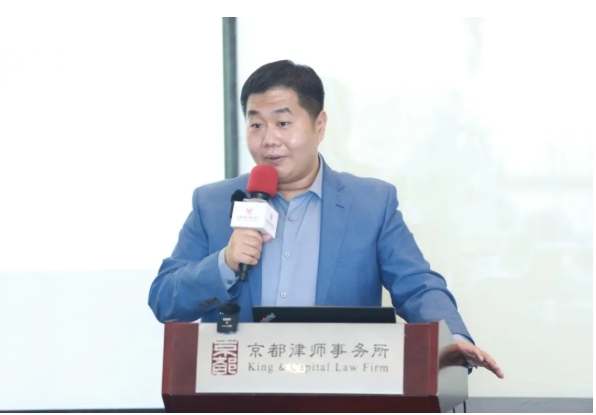
Huang Kai
Attorney Huang Kai focused on sharing the practical application of the “reverse evidence review” method in cases of rape involving intoxication. He emphasized that the core issue in such cases is whether the sexual act occurred against the woman's will, particularly in a state of intoxication. The reverse evidence review method requires defense attorneys to proactively engage in each stage of the investigation, prosecution review, and trial, anticipating potential gaps in the evidence system and investigative activities, and critically analyzing procedural and evidentiary flaws.
He stated that during the investigation stage, lawyers should intervene early, accurately assess the potential direction of the case through the initial meeting, guide the client to clearly understand the legal consequences, and keenly identify favorable leads; On-site inspections are crucial, as they help secure objective evidence that may prove the victim's state and urge investigative authorities to promptly obtain such evidence to prevent the loss of key evidence. During the prosecution review stage, meticulous review of case files guided by reverse thinking is particularly critical. Lawyers should focus on comparing discrepancies between synchronized audio-visual recordings and written statements, identifying investigative logical errors, coercive interrogation, or conceptual substitutions, and conducting professional challenges to documentary evidence.
Attorney Huang, drawing on his successful defense cases, demonstrated in detail how to reverse-engineer the relationship history, challenge key evidence, identify contradictions in the victim's statements, and ultimately dismantle the prosecution's evidence framework.
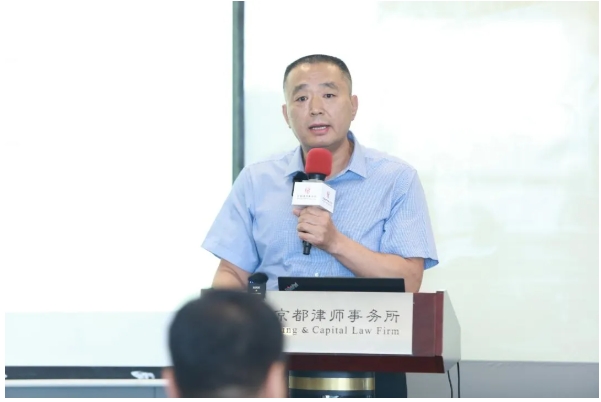
Wang Zhiqiang
From a substantive law perspective, Attorney Wang Zhiqiang deeply analyzed the challenges and breakthrough strategies in defending cases of gang rape involving intoxication. He first approached the issue from the victim's perspective, categorizing physiological intoxication into three stages: “excitation phase,” “disinhibition phase,” and “unconscious phase.” He emphasized the need to retroactively assess the extent to which intoxication affected the victim's capacity for sexual consent, with the core focus on determining whether the victim had truly lost the ability to comprehend or resist.
Regarding the issue of victim consent, he distinguished three types: “clear consent before the crime,” “ambiguous consent before the crime,” and “retrospective acknowledgment.” He illustrated the defense space in cases of “ambiguous consent” using examples from his own cases; From the perspective of the act itself, Wang focused on analyzing the requirements for determining gang rape, including the continuity of harmful acts, the continuity of the location, and the closeness of time. In the defense against the intent of gang rape, it is necessary to comprehensively defend based on the evidence and facts on hand, including whether the perpetrator recognized that both they and their co-defendants intended to commit rape and whether there was a common intent to commit rape.
Finally, he emphasized the cautious application of the principle of “benefit of the doubt for the defendant” and the complexity of attempted gang rape crimes, advocating that perpetrators with minor roles or those who failed to carry out the act should be classified as accomplices to ensure the consistent application of the principle of proportionality between crime, culpability, and punishment.
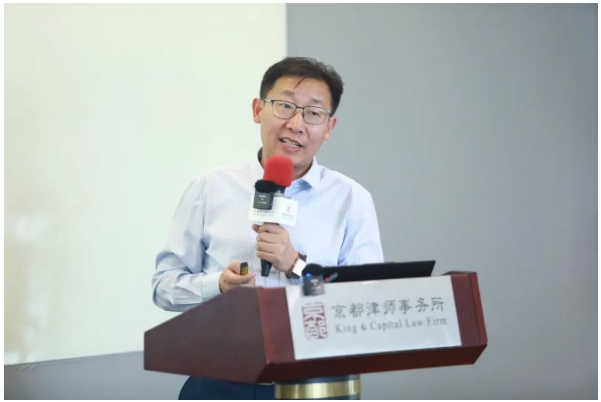
Zang Desheng
Attorney Zang Desheng systematically dissected the elements of rape, particularly the complexity of cases involving acquaintances and intoxication. He clearly stated that the key to rape lies in “violating the woman's will,” requiring a focus on the woman's true intentions at the time of the act. However, in practice, this often faces the challenge of a one-on-one evidence dilemma. Zang emphasized that judgments cannot rely solely on the victim's statements, especially if they change afterward, but must be made by comprehensively considering the pre-incident relationship foundation, the specific circumstances at the time of the incident, and post-incident behavior.
Regarding the currently prevalent issue of rape involving intoxication, he conducted an in-depth analysis of key points: whether the degree of intoxication substantially impaired the ability to defend oneself, the cause of intoxication, and the causal relationship between intoxication and the occurrence of sexual behavior. He cited a Supreme Court case to illustrate that even in immoral relationships such as extramarital affairs, a single instance of violating consent can constitute rape; however, if the parties maintain a stable relationship with no signs of conflict, consent is presumed.
Attorney Zang vividly demonstrated how to deconstruct evidence: questioning the mechanical assumption that “intoxication equals lack of defense capability”; using the parties' long-term, repeated consensual sexual relationship history and the absence of abnormalities before and after the incident to argue that there was no violation of will; meticulously cross-examining the prosecution's key evidence; and pointing out that even if the female party later claimed disagreement, if the perpetrator reasonably believed based on their relationship history that she consented, there was no intent to commit rape, and objective culpability cannot be established.
He also shared practical experience in promoting corrections through supervisory mechanisms in appeals, emphasizing that lawyers must exhaust all legal means to find breakthroughs and use individual cases to drive the improvement of judicial rules.
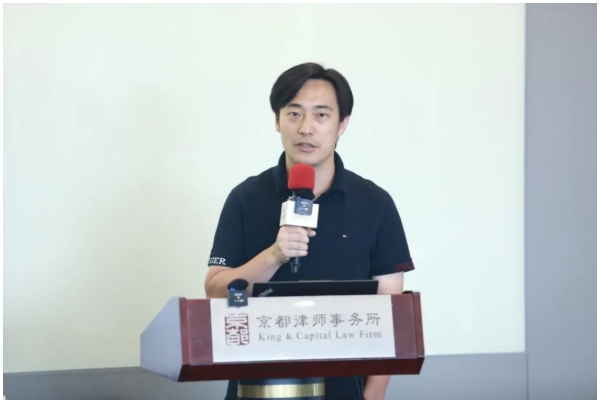
Wu Tong
Host Wu Tong clearly articulated the core value of the topic setting, succinctly summarizing the core views and unique perspectives of the three lawyers, ensuring the coherence and focus of the discussion content, and providing attendees with a clear learning framework.
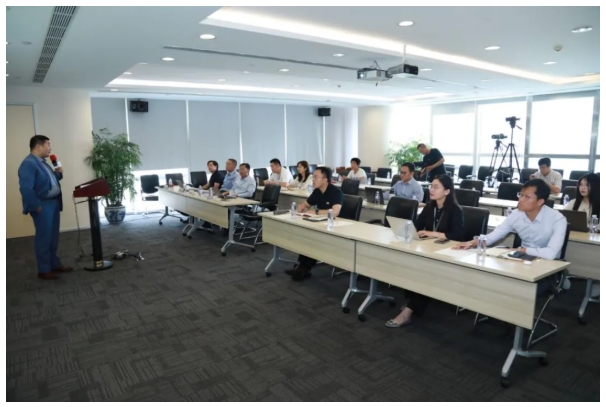
The sixth session of the “Criminal Defense Hundred-Person Discussion” series focused on the judicial standards and defense strategies for rape cases, providing practical experience and defense strategies from multiple perspectives. The discussion offered rich insights for handling rape cases, and the seminar concluded successfully amid lively exchanges.




